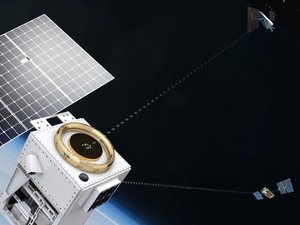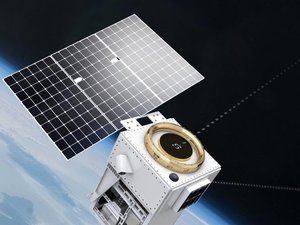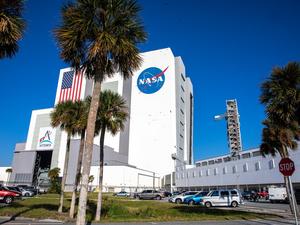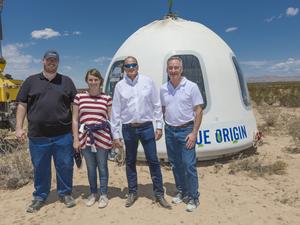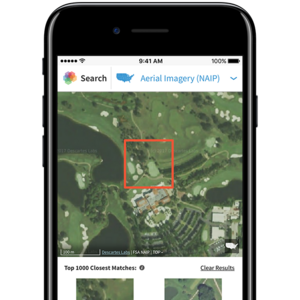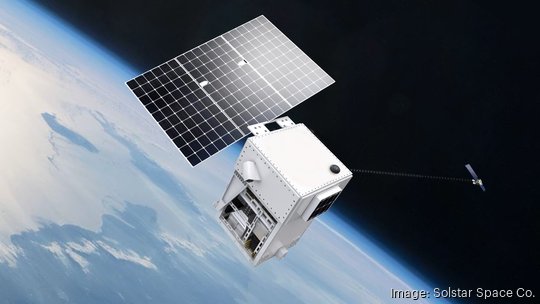
Solstar Space Co., a Santa Fe-based startup, announced Wednesday it landed a contract with the U.S. Space Force that will help the company continue to develop one of its flagship space communication technologies.
The award, a Phase II Small Business Innovation Research (SBIR) contract, is worth just short of $1.25 million. That money will go toward research and development of Solstar's Deke Space Communicator, a prototype technology the startup hopes can provide efficient internet connection for assets in space.
It's a narrowband network device used to connect satellites with other Internet of Things devices. The communicator does that by integrating with telemetry and tracking systems on board space assets to provide "bi-directional, continuous, internet-based monitoring of the spacecraft's bus, payload and environment," according to a news release from Solstar.
Solstar also plans to connect Deke to a software product being developed at the New Mexico Institute of Mining and Technology (NMT), called the Spacecraft Health Monitor. Connecting the two — Solstar's Deke Space Communicator and NMT's Spacecraft Health Monitor — would allow spacecraft operators to receive operating data and fault alerts more efficiently, Andrei Zagrai, Ph.D., a professor of mechanical engineering at the university who's leading the development of the health monitor, said in a statement.
The SBIR Contract was awarded through AFWERX, the innovation arm of the U.S. Department of the Air Force and a directorate with the Air Force Research Laboratory. The U.S. Space Force is organized under the Department of the Air Force.
"With Solstar's Deke, the Department of [the] Air Force can connect space assets which makes the communications network more resilient," Brian Barnett, Solstar's CEO, said in a statement. "This effort has the extended benefit of aligning with the Federal Communications Commission's recent directive to have de-orbiting capability on-board all spacecraft which Deke facilitates."
A different Solstar technology, called the Slayton Space Communicator, received its own research and development support through a contract with the Department of the Air Force in February. Both "Communicator" products — Deke and Slayton — complement Wi-Fi access points, or small connectivity devices designed to be used inside space assets, that the startup is also building.
The company plans to deploy one of those access points inside NASA's Habitation and Logistics Output, which is part of the agency's lunar-orbiting space station called Gateway, part of the Artemis program. Solstar wants all of its different technologies to offer an "integrated" space network solution, Lisa Dreher, a communications representative for the startup, said in an email to Albuquerque Business First.
This summer, the New Mexico Vintage Fund, a generalist microfund launched about a year ago, invested in Solstar. Drew Tulchin, the fund's managing partner, didn't disclose the amount of money invested but said the fund's typical deal size is between $100,000 and $250,000.
And in mid-July the Santa Fe startup announced that Anthony "Tony" Colucci, a long-time aerospace industry professional, joined its board of directors. That could facilitate the startup landing more contracts and commercial deals for its suite of space communications products, Colucci said at the time.
Solstar is currently hiring for a software engineering lead.
